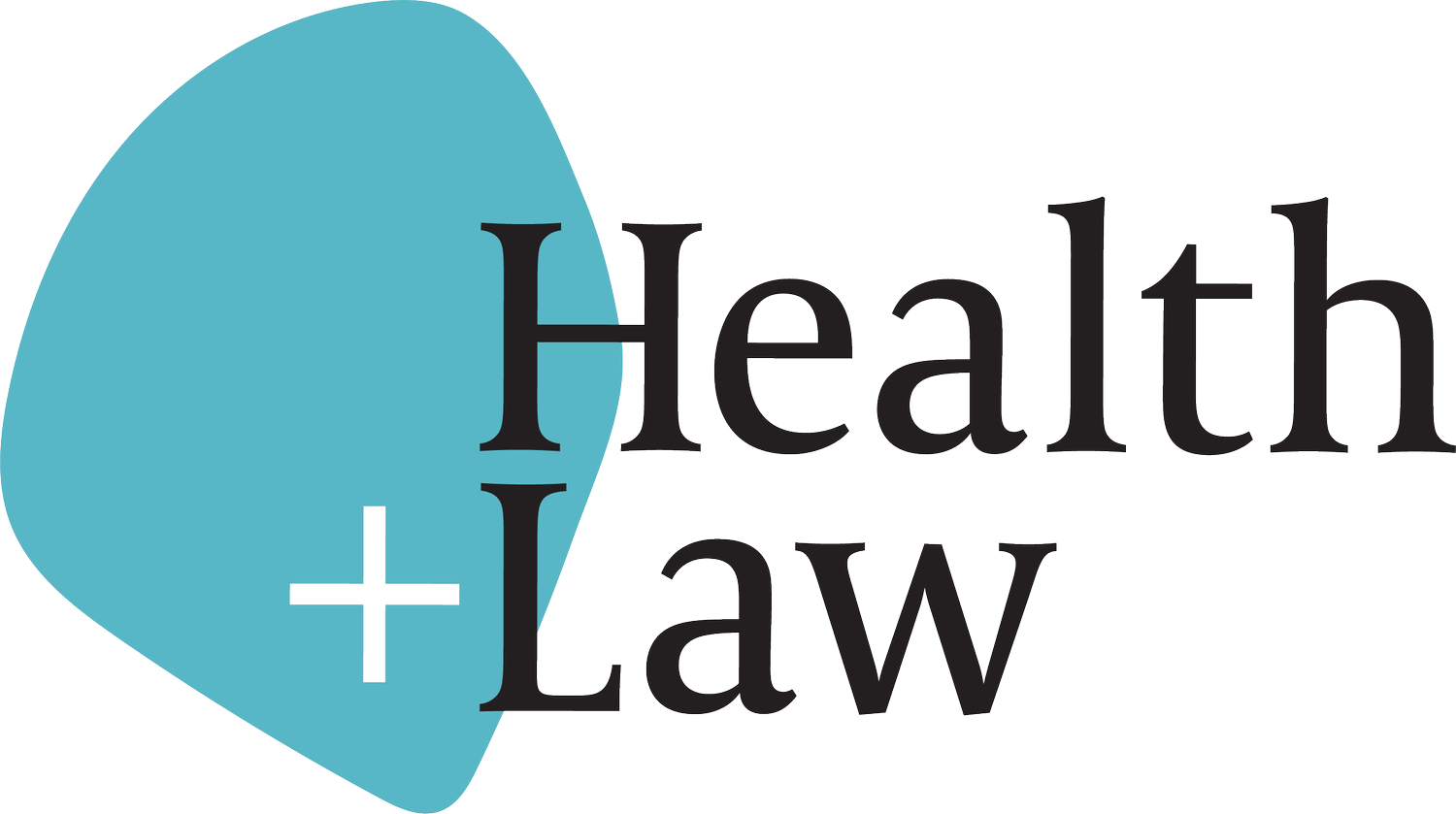New Publication from the 2023 ACT NOW Forum Calls for Removal of Unjust Laws Restricting the Migration of People Living with HIV
‘We are not criminals, we are human beings’, Doreen Moraa Moracha, an HIV advocate from Kenya who was born with HIV, states. Speaking as part of a recording made at the 2023 ACT NOW Community Forum, held as part of the 12th International AIDS Society Conference on HIV Science in Brisbane, in July 2023, Moracha echoed other voices calling for an end to outdated, differential treatment of people living with HIV:
Let us humanise the aspect of living with HIV by also utilising the labour force that is people living with HIV. We just want to work and earn a living, that’s all we ask for. [HIV is] a health condition, we are managing it, we have ARVs [antiretrovirals], let us stop the stigma.
Global migration law – and the changes to it that are needed to reflect the current scientific and lived realities of HIV – was the organising topic of this half-day community forum, attended by over 150 delegates, including members of the Health+Team research team and many of its partner organisations. Following a series of presentations, delegates contributed to structured, facilitated conversations about issues related to policy, health and law concerning the migration of people living with HIV.
‘Migration and mobility involve really difficult choices’, said Associate Professor and Health+Law lead investigator David Carter, reporting back to the Forum on the discussions held in his group. He continued, relaying that
this involves navigating complex law, foreign and domestic legal systems and the bordering practices that restrict people’s movement across and within borders… For people living with HIV this already complex process involves additional barriers and challenges that drive exclusion and exception based on HIV status alone. These are additional and unjustified burdens that others do not face. Delegates at our table spoke of these as complex, as unjustified, unjust and as health harming.
Among the restrictions that people living with HIV continue to face across the globe around travel and migration, countries have laws that include or lead to:
Mandatory HIV testing, which can occur without informed consent and can lead to involuntary disclosure/s of HIV
Migrants or visitors lacking access to affordable HIV-related health care, treatment and support during the migration process or visiting period
The deportation of foreign nationals living with HIV, and
Restrictions on the length of stays for people living with HIV.
Beyond this, a growing body of public health and social research has shown these laws may actively deter migrants and visitors from seeking HIV testing, treatment and care, which means an impost on a person’s quality of life and health as well as delayed diagnoses, treatment, and viral suppression in some cases. Not only can this be disastrous for the health of individuals, it undermines collective public health aims too.
These health-harming impacts of HIV-related migration restrictions aren’t merely hypothetical. As clinical sexual health physician, health economist and epidemiologist Professor Dr Jason Ong said at the ACT NOW forum, ‘We see it very clearly in the latest statistics released by the Kirby Institute’. A summary of these statistics, according to Ong, shows that:
Five percent of undiagnosed people living with HIV in Australia are Australian born, whereas twenty-fice percent are from Asia, Latin America or the Caribbean. Twenty-five percent of those people are undiagnosed, which means they’re not being tested, and in many cases this is because of the fear of being tested and the fear of the impact that a diagnosis can have on their visa prospects.
Based on this and related evidence, laws restricting the movement and migration of people living with HIV are working against goals to end HIV.
‘Basically ridiculous’, is how David Haerry of HIV Travel.org described these legal restrictions, explaining that they are out of step with U=U, the global public-health paradigm to which Australia recently became an official signatory.
Because they [people living with HIV] are not infectious, they are not a threat to public health. All they need is treatment to stay healthy, and they would lead a normal life. And the regulations as they are drafted, as they are written, they don’t consider U=U, they only consider HIV infection, treated or untreated... So, its legislation from the 1980s that is affecting people’s lives today when we have a completely different picture.
Drawing on the conversation of ACT NOW delegates, a report from the Forum exploring these issues, and including ten recommendations for policy, law and service reform and development, has now been published in the journal Sexual Health. In addition to the reform of migration law and policy that unjustly discriminates against people living with HIV, the report’s authors call for the expansion of HIV care to all people, regardless of residency status, and the expansion of free legal services to HIV-positive migrants, and more.
Read the ACT NOW report and recommendations.
Watch videos from the ACT NOW Forum on the Queensland Positive People website.
Learn more about HIV and migration law in Australia in Health+Law’s August 2021 webinar.
Stay connected to Health+Law news and events by subscribing to our newsletter.


